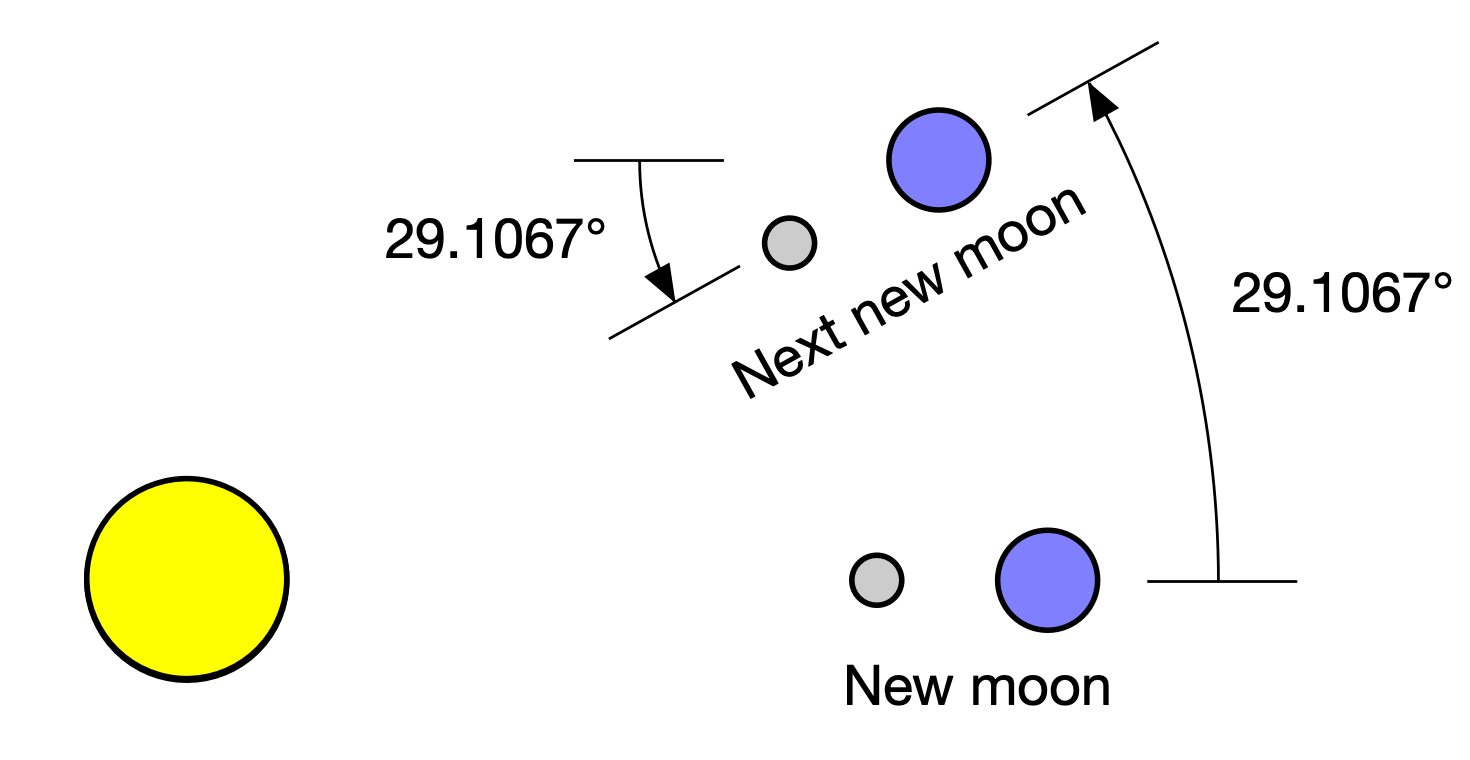This article explores the allure and subsequent fading of the 'World of Tomorrow' vision prevalent in the mid-20th century. It traces the evolution of societal yearnings for a better future, from the pursuit of efficiency, order, and speed to desires for exploration, adventure, and achievement, and finally, the longing for security, comfort, and ease. However, as technological advancements became reality, their flaws emerged, such as the blandness of industrialized food and the destructive nature of urban renewal projects. The author argues that disillusionment with progress stems from a misunderstanding of progress itself – the pursuit of 'one best way' rather than acknowledging diversity and individual preferences. To regain progress's charm, understanding contemporary aspirations and providing possibilities for various lifestyles, rather than a single future blueprint, is crucial.
Read more














